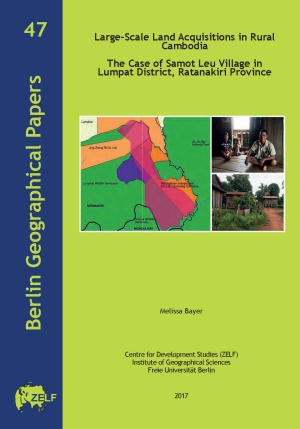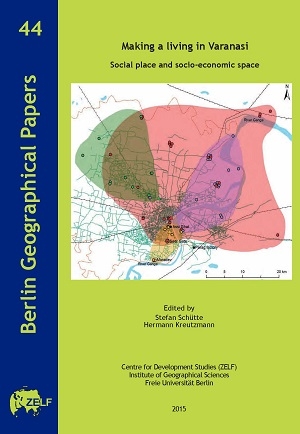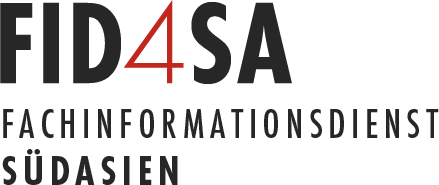Bayer, Melissa
Large-scale land acquisitions in rural Cambodia: The case of Samot Leu Village in Lumphat District, Ratanakiri Province
The mechanism of granting Economic Land Concessions (ELCs) to (inter-)national investors for agro-industrial exploitation was the starting point of a wave of large-scale land acquisitions in Cambodia since the Royal Government of Cambodia (RGC) issued a respective directive in 2005.
While ELCs are supposed to combine overall economic benefits on the one hand with poverty reduction and the compliance with environmental standards on the other hand, it turned out that there is a wide gap between the legal framework, which is supposed to govern the granting of ELCs, and its actual implementation on the ground. Eventually, the granting of ELCs led to severe human rights violations and several land conflicts, involving the local population, investor companies, political and economic elites as well as authorities. This situation is especially difficult for the Indigenous Peoples of Cambodia, who not just struggle to claim rights to their lands, but for whom land is also an essential component of livelihood.
Drawing on a literature review and the results of a two-month field study, this thesis aims at shedding light at the relationship between different actors of society and land as a resource in the context of asymmetrical power constellations within the land conflict of Samot Leu Village in Seda Commune, Lumphat District, Ratanakiri Province.
Making a living in Varanasi: Social place and socio-economic space
The three-semester long project was implemented in Varanasi in close cooperation with Prof. Rana PB Singh and his colleagues and students from the Department of Geography at Banaras Hindu University and with the help of a number of established contacts in the city. We could form nine mixed groups of people with local knowledge and orientation that paired with a couple of students each from the Berlin team. The thematic focus was directed on ‘Making a living in Varanasi – social place and socio-economic space’. Beyond Varanasi’s attraction as a holy pilgrimage destination and place for worship we primarily looked at professions and locations that provide opportunities for making a meagre living by hard work. Consequently, certain trades and professions, groups and communities, individuals and office-bearers who kindly allowed us to observe, follow and sit with them during their working hours and to visit them at home contributed to form a selective mosaic of living conditions in Varanasi. All nine contributions in this volume are based on the findings from these joint-endeavours that were regularly discussed and re-adjusted during our bilateral discussions and plenary meetings at night in our temporary home in Varanasi. During a follow-up seminar back in Berlin the outcomes and results were again refined and processed to such a state that we could prepare the manuscripts in a manner that they fulfilled the formal requirements which a scientific journal would demand for.









